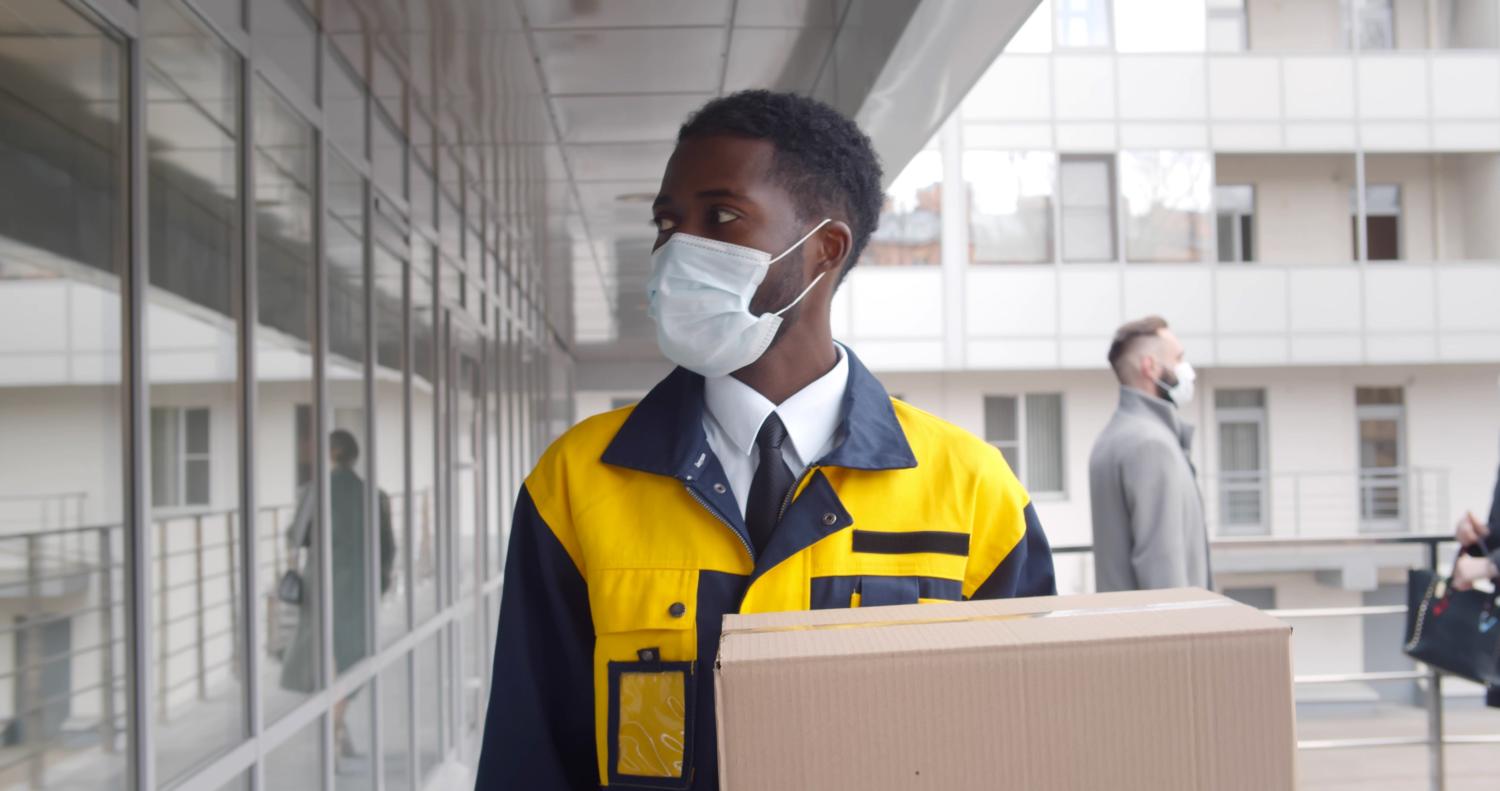A longitudinal study yesterday in Frontiers in Public Health shows Black, Indigenous, People of Color (BIPOC) COVID-19 patients in America had greater post-COVID-19 burdens than non-Hispanic, white peers.
The long-term negative consequences were seen in health status, activity level and missed work, despite White and BIPOC patients having similar initial symptoms of infections. The findings are part of the ongoing INSPIRE study, a collaboration of eight major academic medical centers looking at the long-term effects of COVID-19.
Hispanics reported more poor heath
"While we don’t know what caused these different impacts, we know that these populations can have a harder time accessing health care, which may complicate their recovery," said study author Kari Stephens, PhD, of the University of Washington School of Medicine in a University of Washington press release on the study.
The study was based on self-reported differences in symptoms and health-related impacts 3 and 6 months after the first SARS-CoV-2 infection documented from December 2020 to July 2022. Included were 2,402 adults with COVID-19 and 759 negative controls.
Fourteen percent of COVID-19 positive participants were Hispanic, 11.0% were Asian, 7.9% were Black, 9.9% were other/multiple races, and 71.1% were White.
Surveys included a list of 22 symptoms, including fatigue and shortness of breath.
At 3 months, Hispanic participants were more likely than non-Hispanic participants to report fair or poor health (odds ratio [OR], 1.94; 95% confidence interval [CI], 1.36 to 2.78) and much less reduced activity (OR, 2.23; 95% CI, 1.38 to 3.61).
But by 6 months, differences by ethnicity were not present among Hispanics. At 3 months, Asian participants were more likely to report fair/poor health at the same rate as White participants, but at 6 months Asians were more likely to report poor health.
Black participants report missing more work
At 3 months, reports of more than 5 missed workdays was similar across all race groups.
But by 6 months, reports of missed work were much higher among Black participants. Compared to White respondents, Black respondents who had COVID 6 months prior were almost three times as likely to report missed work (OR 2.83; 95% CI, 1.60 to 5.00).
Higher loss of work days may be driven by the overrepresentation of minoritized populations in physically demanding frontline industries without the option to work from home.
The authors said this difference may be due to the types of jobs Black Americans have compared to White Americans, including more often being essential workers.
"Higher loss of work days may be driven by the overrepresentation of minoritized populations in physically demanding frontline industries without the option to work from home," the authors wrote. "Increased focus on understanding drivers of ethnic and racial differences in health impacts may inform approaches to advance health equity after SARS-CoV-2 infection."





















